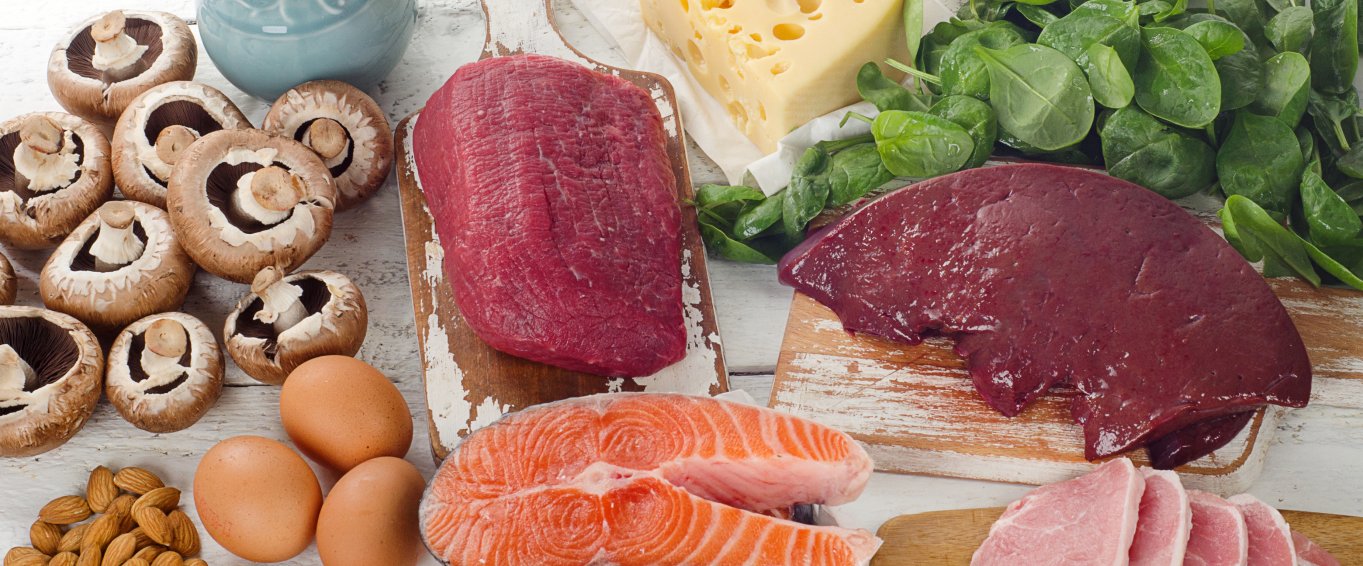How much protein do you need for strength development?

Your body is a highly efficient machine that utilises everything you consume. All the squats and press-ups in the world won’t help you develop muscle unless you are consuming a muscle-building diet. If you are following a structured training programme, then you should also be taking your nutrition seriously to accelerate your progress.
A varied diet rich in healthy fats, nutrients, vitamins and protein is vital for every budding athlete and player. Protein is particularly important for tissue growth and repair, but also for digestion, metabolism, and the production of antibodies to fight infection. It is one of the three macronutrients your body needs to function effectively, along with fats and carbohydrates, and can be found in animal-based products, aswell as certain vegetables, nuts and grains.
What sources of protein are the best for strength development?
The human body requires 22 different types of amino acids to function efficiently. Adults can synthesise 13 of those within the body (known as non-essential amino acids), but the other nine must be obtained from food (known as essential amino acids). Foods that contain all the nine essential amino acids are called ‘complete protein’ sources and are usually found in animal products, while other foods that don’t contain all nine are called ‘incomplete protein’ and are usually plant-based.
There has been controversy about the best types of protein sources to consume, some people argue that while animal-products are complete protein sources they also contain high levels of saturated fat. While others argue against a plant-based diet because it is lacking some essential amino acids. Don’t let the word incomplete fool you, plant-based foods are still great sources of protein.
The good news is, in general, the body processes both types of protein equally well and therefore a balanced diet will help you achieve your strength goals. Complete protein sources include lean beef, skinless chicken, fish, chia seeds, quinoa, dairy, eggs. While incomplete protein sources are nuts and seeds, legumes, vegetables and grains.
How much protein should you consume?
The amount of protein you need to eat is personal to your bodytype, age and activity levels. Studies of aging populations have found that about 1.2 grams to 1.6 grams of protein per one kilogram of bodyweight helps to reduce age-related muscle and bone loss. This amount should also be enough to supplement your training programme. On average, men should eat 55g and women 45g of protein daily. That’s about two palm-sized portions of meat, fish, tofu, nuts or pulses. However, children and young adults will require less protein to function compared to adults unless they are participating in a very intense training programme.
How often should you consume protein?
Before we can properly answer this question, we should delve into the science behind how protein is transported from the food you consume into your muscles.
When you eat protein, your stomach uses its acid and enzymes to break it down into its building blocks, amino acids, as we mentioned earlier. This is transported into your muscles through a process called protein synthesis. The molecules are transported into the bloodstream by special cells that line the small intestine, and are then delivered to various parts of the body. Your small intestine only has so many transporter cells, which limits the amount of amino acids that can be infused into your blood every hour.
Taking in a protein-rich food, with carbohydrates and nutrients, when your muscles are being broken down by exercise will help you repair the muscles and develop strength more effectively. Consume a food or beverage high in protein about 20 minutes before, and after, your strength-training workout and do the same after an intense cardiovascular workout for maximum results. As protein synthesis stops while you are asleep, it’s also a good idea to eat a protein and carbohydrate rich breakfast soon after waking up. Protein synthesis is higher when you spread protein among three or more meals, rather than having most of it in a single meal, so factor this in when meal prepping for the day.
These are the basics of eating protein to supplement your training programme. While protein is important, don’t forget to consume a varied diet which is filled with nutrients and vitamins from other sources and also to stay hydrated by drinking plenty of water.
Keep up to date with the latest articles by signing up to the Amaven mailing list.





